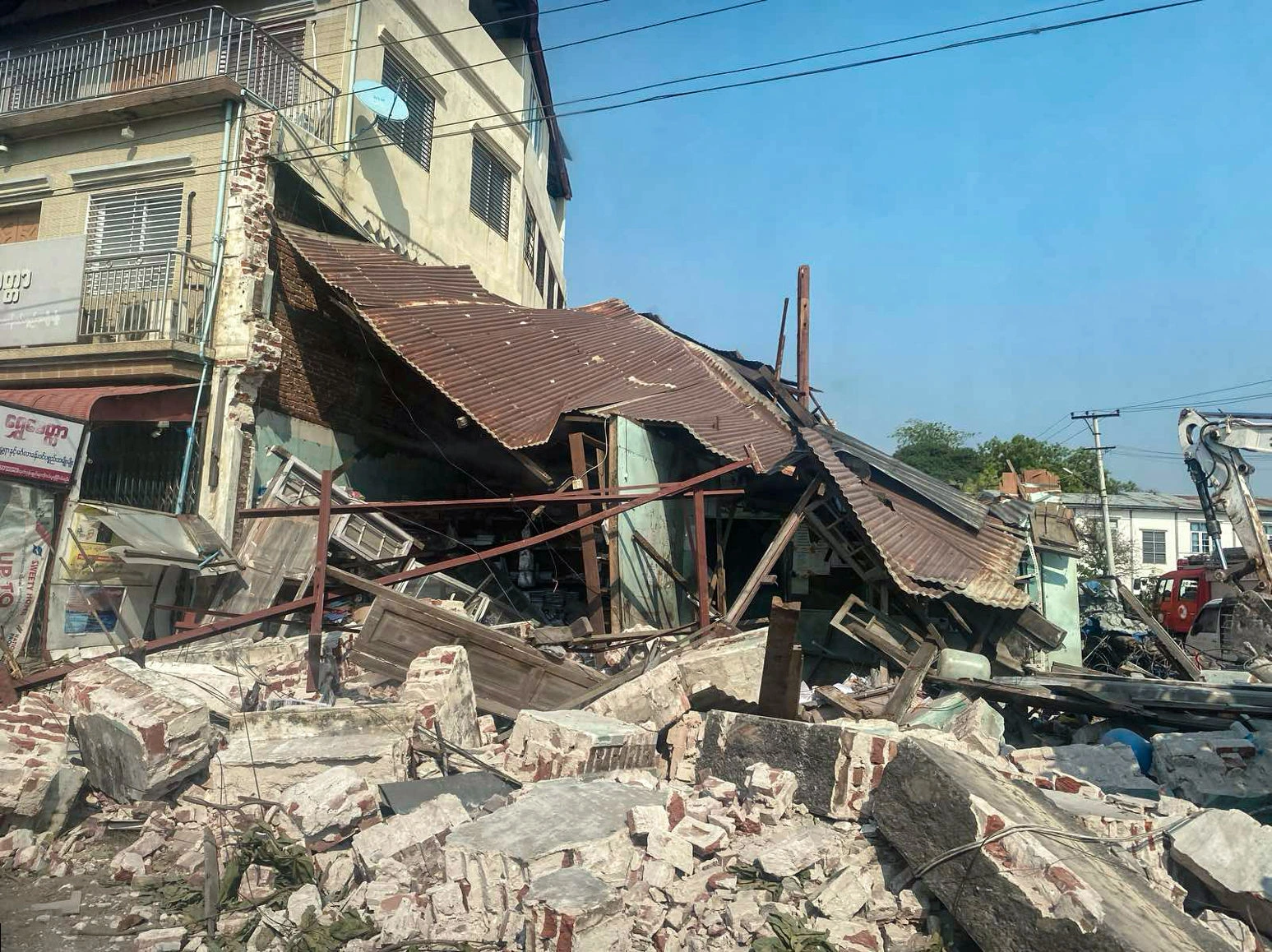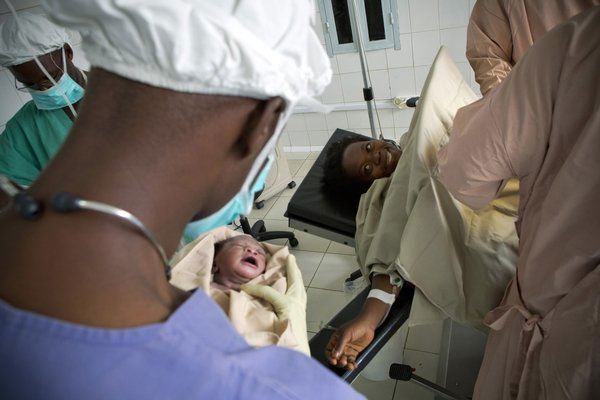New research from Médecins Sans Frontières (MSF) projects in Kabezi, Burundi, and Bo, Sierra Leone, indicate that it is possible to achieve a rapid and substantial decrease in maternal deaths of up to 74% by providing access to emergency obstetric care. MSF’s research is the first of its kind to quantify the impact of such a model of care on maternal mortality in an African setting.
MSF data for 2011, published in the paper “Safe Delivery: Reducing maternal mortality in Sierra Leone and Burundi”, indicate that the introduction of an ambulance referral system together with the provision of emergency obstetric services can significantly reduce the risk of women dying from pregnancy related complications.
“You do not need state of the art facilities or equipment to save many women’s lives” said Vincent LAMBERT, MSF’s Medical Advisor for projects in Burundi. “MSF’s experience can serve as an encouraging example for donors, governments and other NGOs who are considering investing in the improvement of access to emergency obstetric care in countries with a high maternal mortality rate”.
MSF’s data indicate that maternal mortality in Burundi’s Kabezi district has fallen to 208 per 100,000 live births, compared to a national average of 800 per 100,000 live births – a 74% decrease. For the same year, in Sierra Leone, MSF figures indicate that maternal mortality in Bo district has decreased to 351 per 100,000 live births, compared to 890 per 100,000 in the rest of the country 1– a 61% reduction.
The comprehensive emergency obstetric care provided at MSF’s hospitals in Bo and Kabezi is offered 24 hours a day, seven days a week, and all services are free of charge. The total annual running costs of the programmes are equivalent to €1.5 for each person in Bo district and €3.2 for each person in Kabezi district.
“Here in Sierra Leone, giving birth is often a life-threatening endeavour for many women” says Betty RANEY, obstetrician with MSF in Sierra Leone. “In my 25 years as an obstetrician, I have never seen such a level of severity among the patients. Had they not had any access to care, many of them would die”.
Sierra Leone and Burundi both suffer from extremely high rates of maternal mortality, due to problems around access to good quality antenatal- and obstetric care, linked to shortages of qualified health staff, a lack of medical facilities and health systems that have been shattered by years of civil war. MSF is the only emergency obstetric care provider in the Kabezi and Bo districts.
An international point of reference is the fifth Millennium Development Goal of reducing maternal mortality by 75% by 2015, compared to the national ratio in 1990. MSF’s estimates indicate that the maternal mortality ratio in Kabezi district is already below this level. In Bo district, MSF is confident that the mortality ratio will have dropped by 75% by 2015.
In 2011, MSF provided life-saving emergency obstetric care to a total of 3,647 women in the Kabezi and Bo districts.
MSF data for 2011, published in the paper “Safe Delivery: Reducing maternal mortality in Sierra Leone and Burundi”, indicate that the introduction of an ambulance referral system together with the provision of emergency obstetric services can significantly reduce the risk of women dying from pregnancy related complications.
“You do not need state of the art facilities or equipment to save many women’s lives” said Vincent LAMBERT, MSF’s Medical Advisor for projects in Burundi. “MSF’s experience can serve as an encouraging example for donors, governments and other NGOs who are considering investing in the improvement of access to emergency obstetric care in countries with a high maternal mortality rate”.
MSF’s data indicate that maternal mortality in Burundi’s Kabezi district has fallen to 208 per 100,000 live births, compared to a national average of 800 per 100,000 live births – a 74% decrease. For the same year, in Sierra Leone, MSF figures indicate that maternal mortality in Bo district has decreased to 351 per 100,000 live births, compared to 890 per 100,000 in the rest of the country 1– a 61% reduction.
The comprehensive emergency obstetric care provided at MSF’s hospitals in Bo and Kabezi is offered 24 hours a day, seven days a week, and all services are free of charge. The total annual running costs of the programmes are equivalent to €1.5 for each person in Bo district and €3.2 for each person in Kabezi district.
“Here in Sierra Leone, giving birth is often a life-threatening endeavour for many women” says Betty RANEY, obstetrician with MSF in Sierra Leone. “In my 25 years as an obstetrician, I have never seen such a level of severity among the patients. Had they not had any access to care, many of them would die”.
Sierra Leone and Burundi both suffer from extremely high rates of maternal mortality, due to problems around access to good quality antenatal- and obstetric care, linked to shortages of qualified health staff, a lack of medical facilities and health systems that have been shattered by years of civil war. MSF is the only emergency obstetric care provider in the Kabezi and Bo districts.
An international point of reference is the fifth Millennium Development Goal of reducing maternal mortality by 75% by 2015, compared to the national ratio in 1990. MSF’s estimates indicate that the maternal mortality ratio in Kabezi district is already below this level. In Bo district, MSF is confident that the mortality ratio will have dropped by 75% by 2015.
In 2011, MSF provided life-saving emergency obstetric care to a total of 3,647 women in the Kabezi and Bo districts.




